Sunshine State goes hard against COVID-19 UK variant
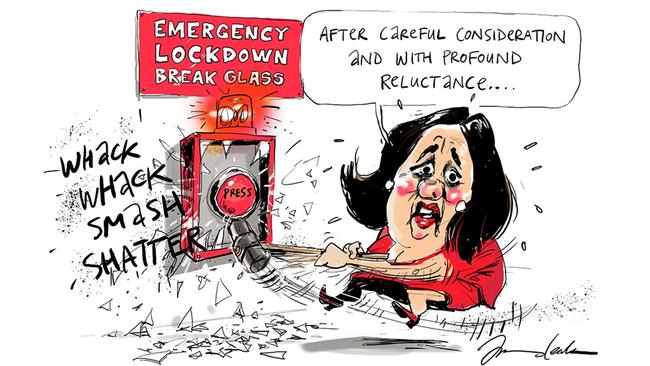
Given the rampant contagion of the variant that has pushed British hospitals and their staff to their limits — Boris Johnson says it is 50 to 70 per cent more contagious than earlier variants — Australian governments and health officials have implemented sensible new precautions to protect our nation from it. And Queensland Premier Annastacia Palaszczuk has done the right thing in acting swiftly to lock down Greater Brisbane for three days after a cleaner in her 20s contracted the UK variant at a quarantine hotel. The lockdown has bought the state’s health authorities time to determine how far the variant has spread.
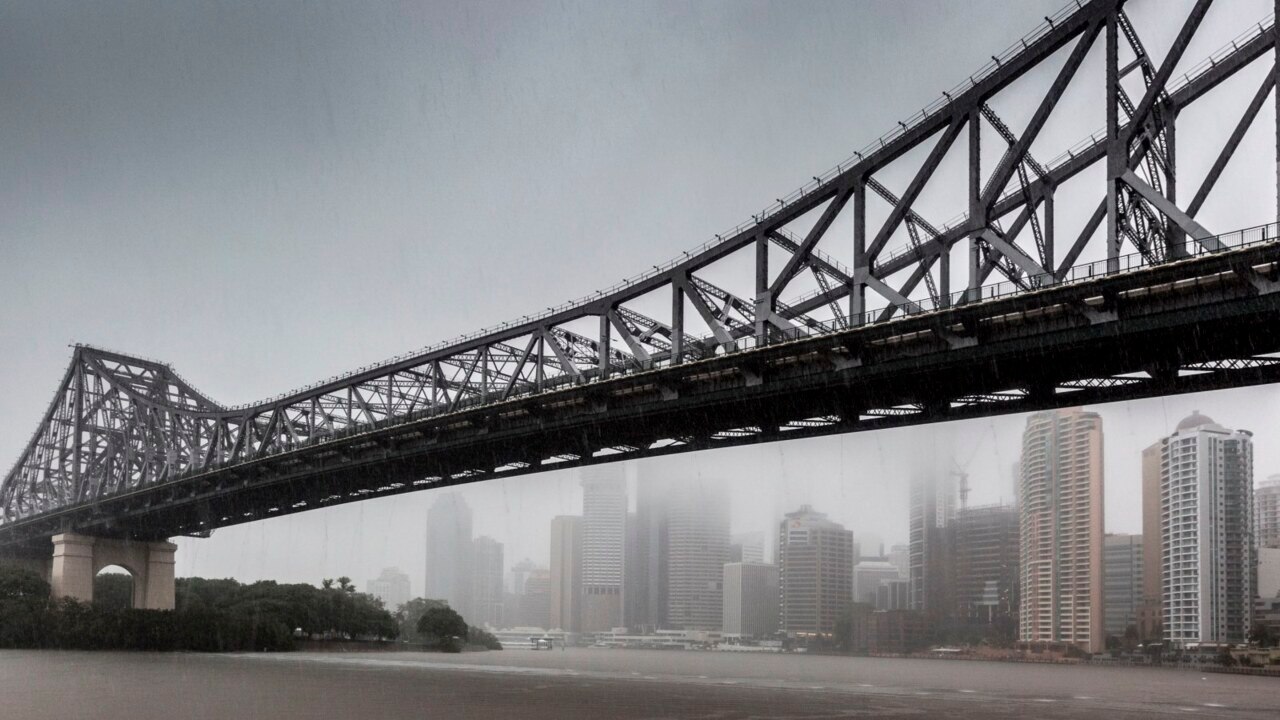
The cleaner “did everything right”, Ms Palaszczuk says, and was tested as soon as she noticed symptoms. But, unknowingly, she was infectious while out and about for five days. Ms Palaszczuk accepted the strong advice of Queensland’s Chief Health Officer Jeanette Young that “if we do not do this now, it could end up being a 30-day lockdown”. Scott Morrison backed the move as “wise”. And Chief Medical Officer Paul Kelly warned that Australia’s successful practices in suppressing COVID-19, such as testing, tracing and isolating, would become less effective if the virulent variant was to take hold: “So that’s why we’re going hard and fast and strong.”
At a meeting that was scheduled before the Queensland lockdown, national cabinet agreed on Friday that overseas travellers must return negative COVID-19 tests before they fly to Australia. That arrangement was already in place for planes chartered by the government to bring Australians home. It will apply now to passengers on all flights bound for Australia.
In limited cases where exemptions are granted, such as for seasonal workers from countries with little access to testing, passengers will be tested when they arrive. Mask wearing will be mandatory for aircrew and passengers on international and domestic flights, excluding children. And international aircrews will undergo COVID-19 testing on arrival in Australia or every seven days.
Thousands of Australians overseas are desperate to return. But it is reasonable under the circumstances that international arrivals will be reduced until February 15. By then, Britain’s vaccination program should be alleviating its dire predicament and Australia’s program will be ready to kick in. Such measures also will protect Australians against another, more contagious variant from South Africa.
Early research suggests that variant may be more prevalent among young people than earlier variants, and that it might even impair the efficacy of vaccines. More research must be a priority. Of South Africa’s 1.17 million COVID-19 cases, more than 100,000 have been diagnosed since January 1 as the caseload has spiked. Six cases of the variant have been found among returned travellers in Australia. Four of those people are in quarantine in Sydney’s Special Health Accommodation facility.
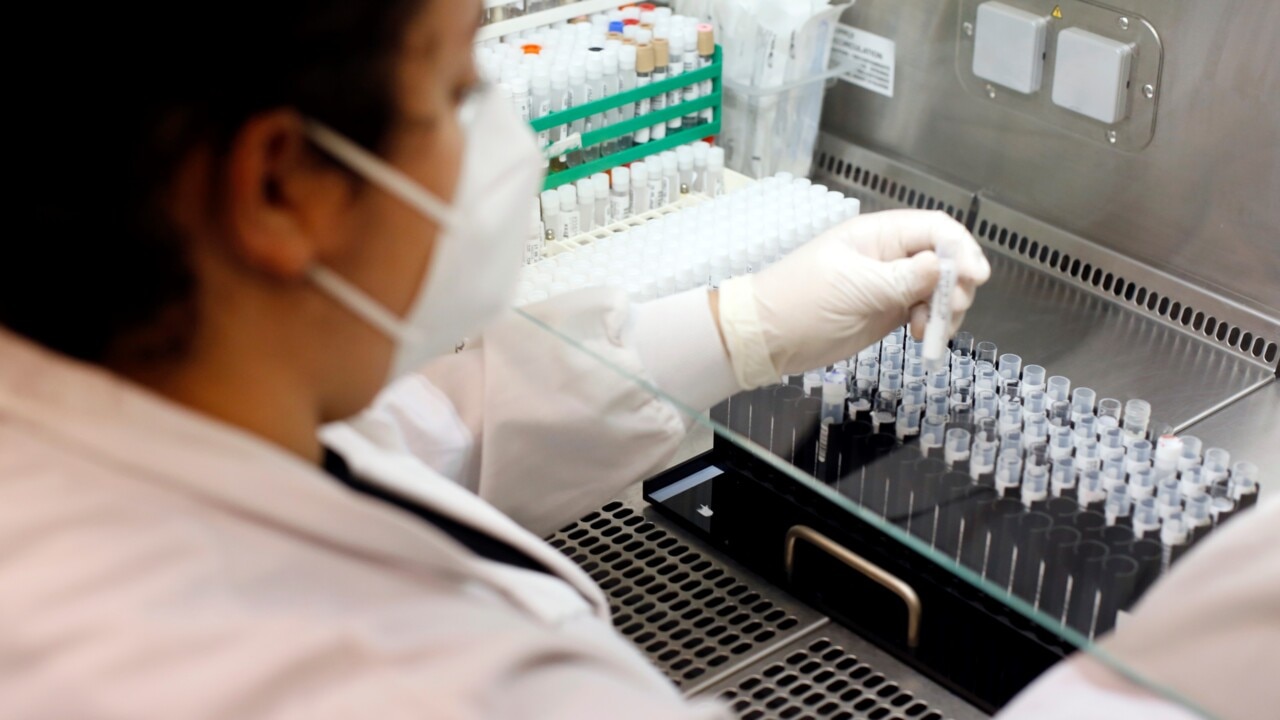
As we said last November when South Australia imposed a six-day lockdown that was lifted early, Ms Palaszczuk has done the right thing in keeping Greater Brisbane’s lockdown short and sharp. The region generates about $500m a day in output and it accounts for slightly less than 10 per cent of national gross domestic product. While the lockdown is detrimental to many of the region’s 200,000 registered businesses and inconvenient to the public, the effect of the virus taking hold would be devastating economically and socially. As Australian Industry Group’s Queensland chief Rebecca Andrews says, her members are willing to endure a brief lockdown if it prevents a wider, more damaging second wave of cases. With tens of thousands of Australians away from home, a second wave would devastate national economic recovery. The lockdown as it stands is targeted and timely, unlike most state border closures during the pandemic. Too often these costly follies have hurt communities far from COVID-19 outbreaks and have unnecessarily impeded movement around the nation. The Gold and Sunshine coasts are not affected by this lockdown; neither is regional Queensland.
Brisbane and its surrounds have been declared a hotspot by the commonwealth and all states and territories. But true to form, West Australian Premier Mark McGowan immediately put up a hard border between the whole of Queensland and fortress WA. Mini-COVID outbreaks, while not unexpected, need to be contained with testing and contact tracing. Given its contagion and potential fallout, this is one of the more serious challenges to date.

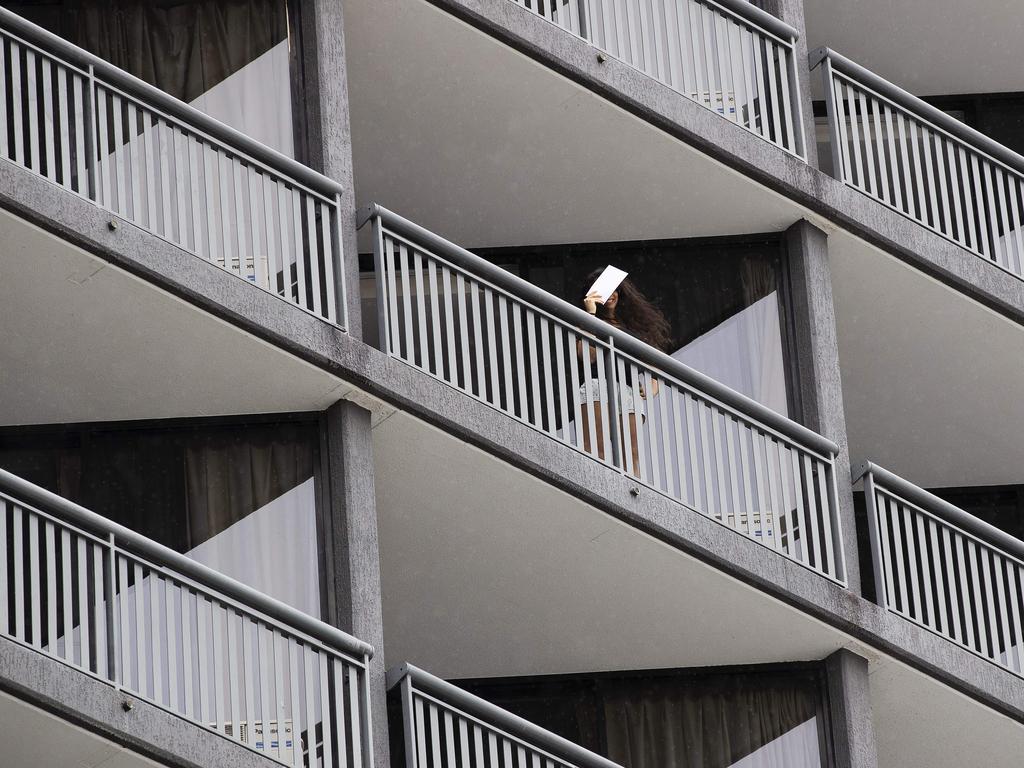
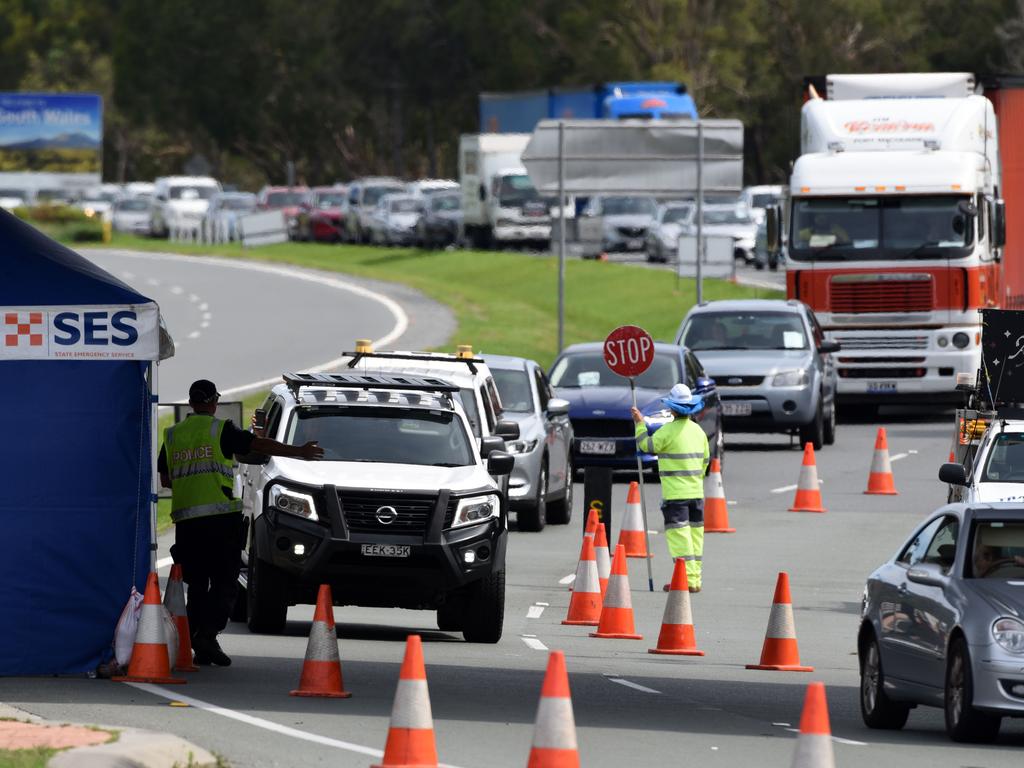
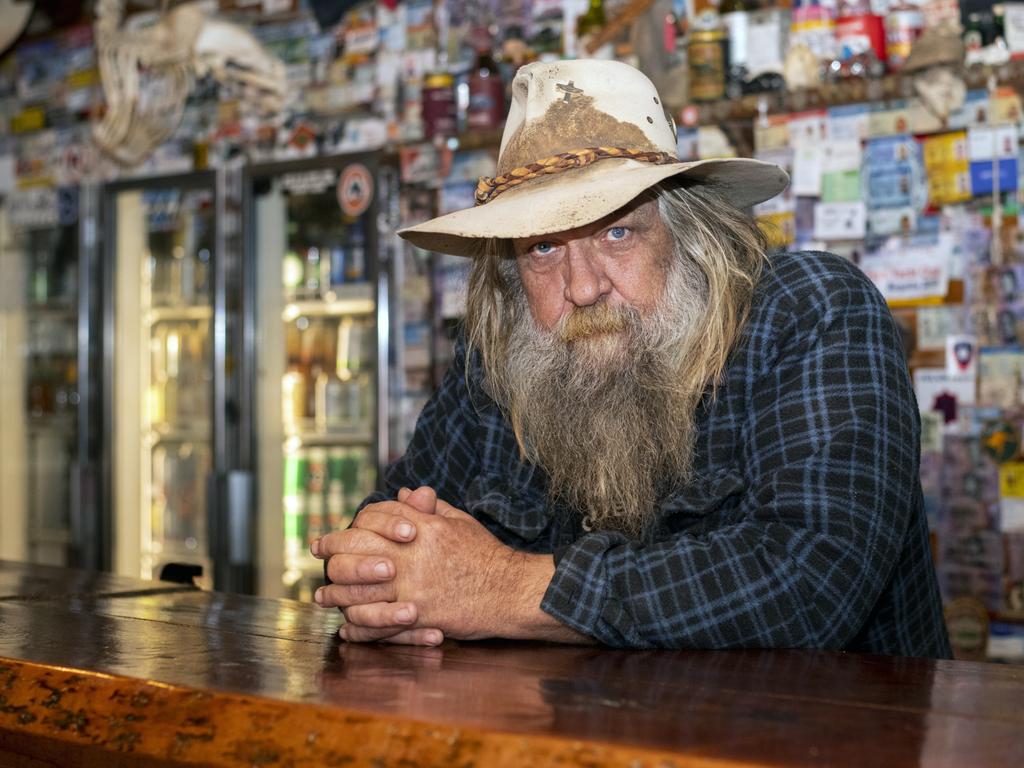
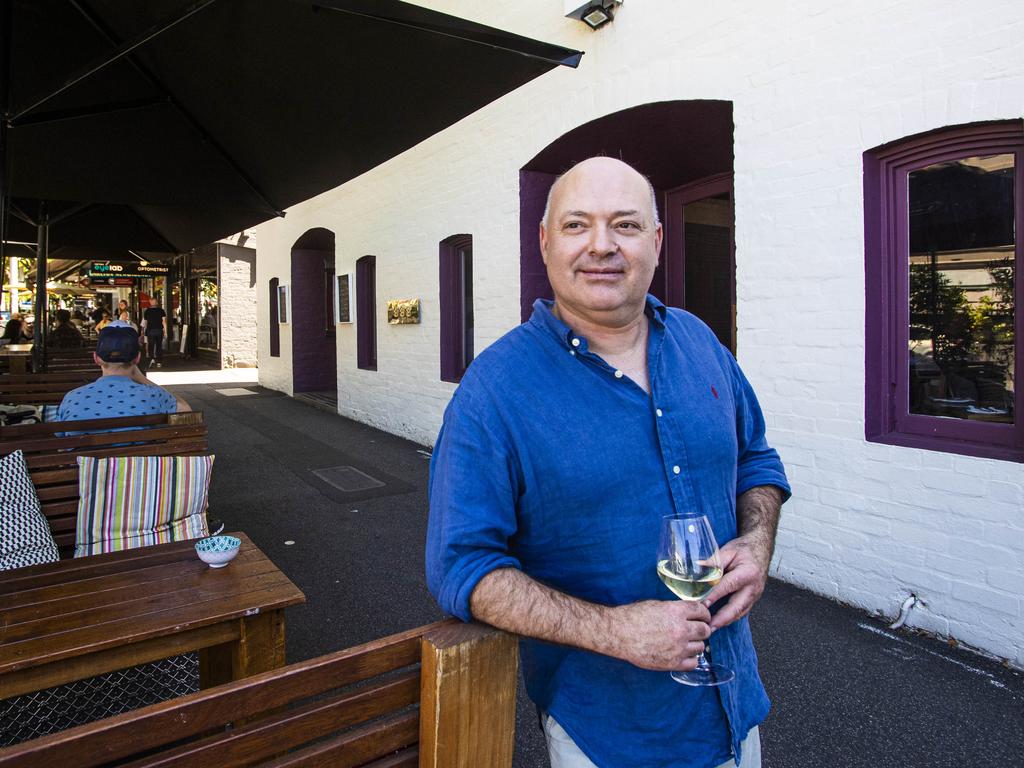

Another 1162 people died from COVID-19 in the UK on Thursday, the second-worst daily toll since the pandemic began. And 52,618 new cases of the disease were recorded, despite draconian lockdowns. In total, about 78,500 Britons have died from the virus, from among 2.9 million cases.